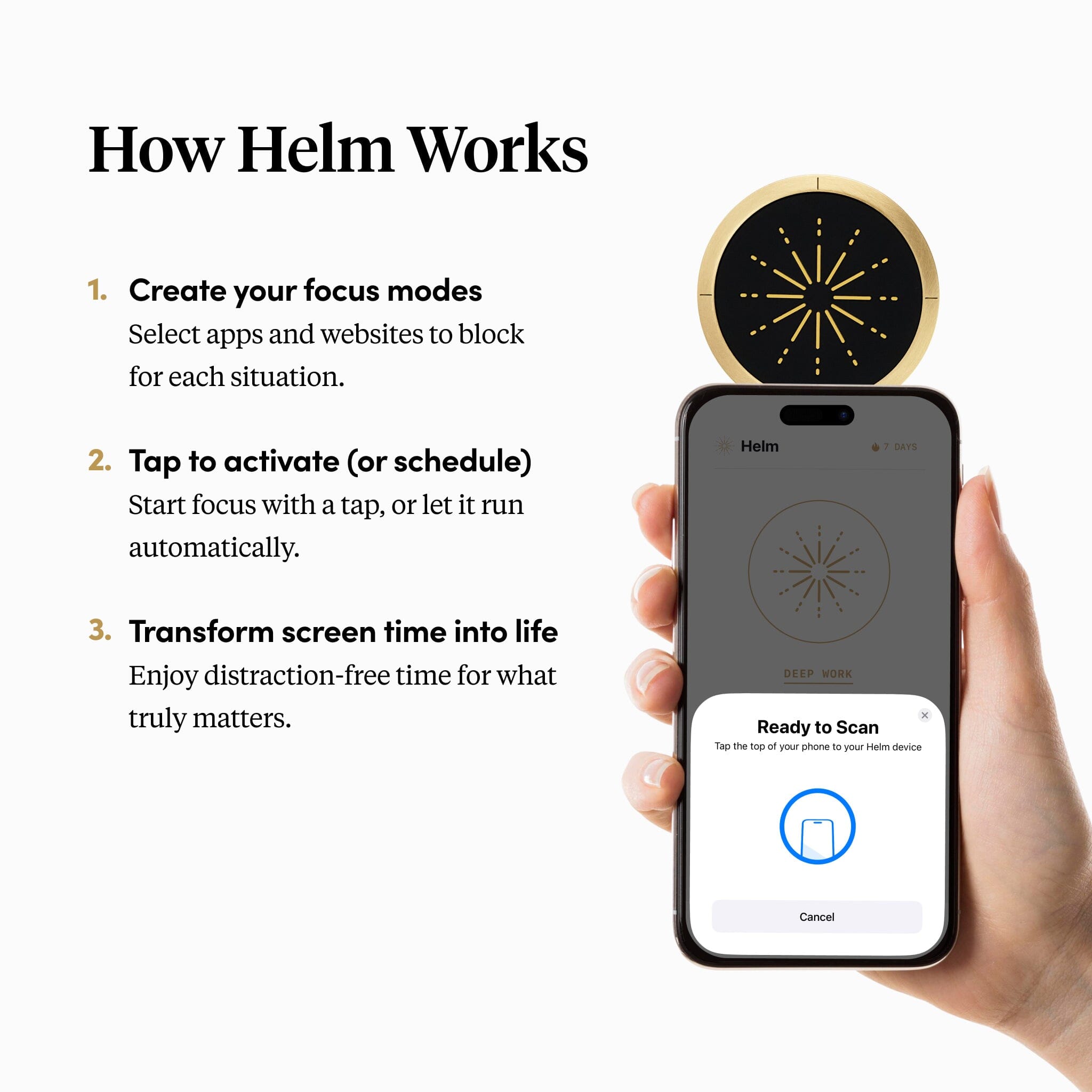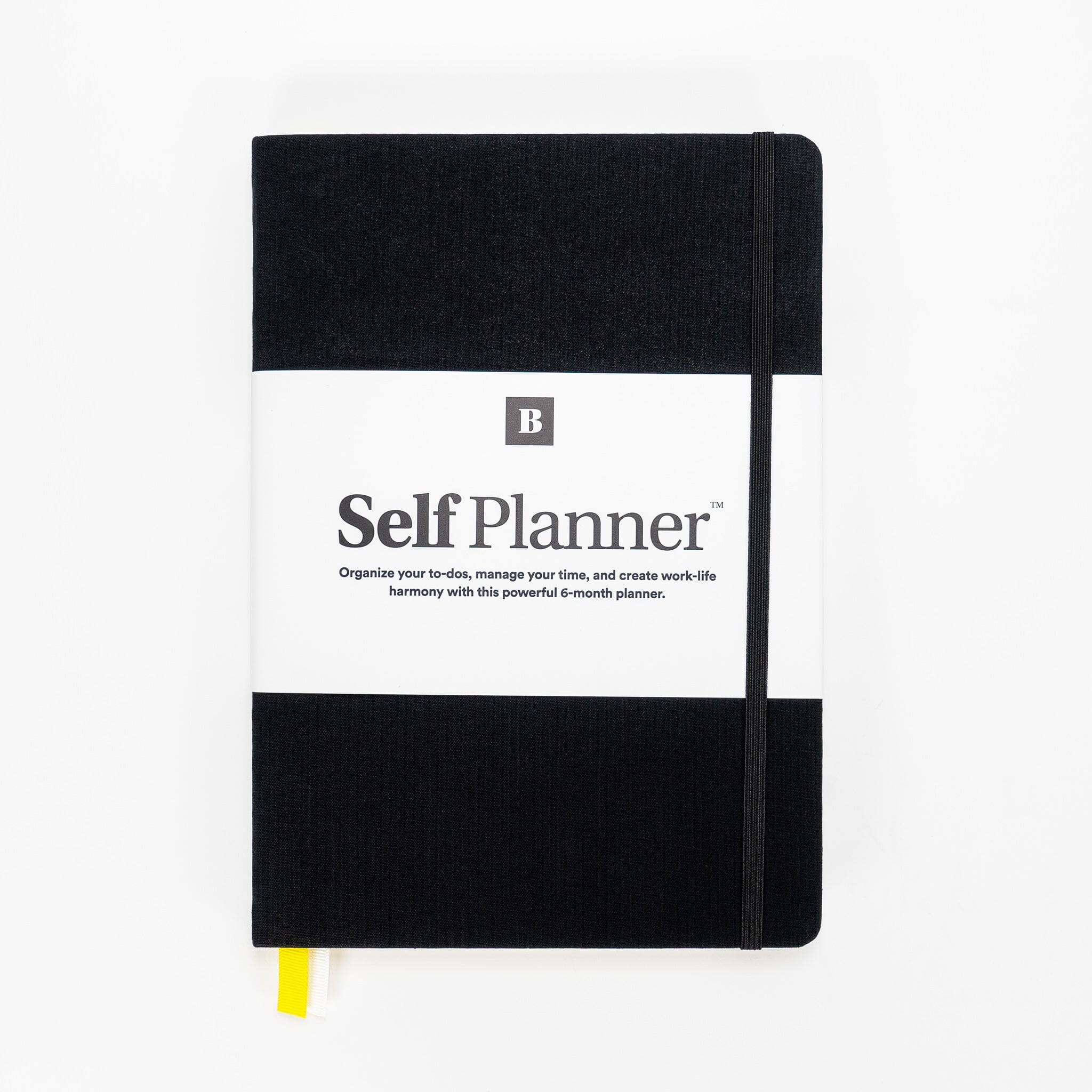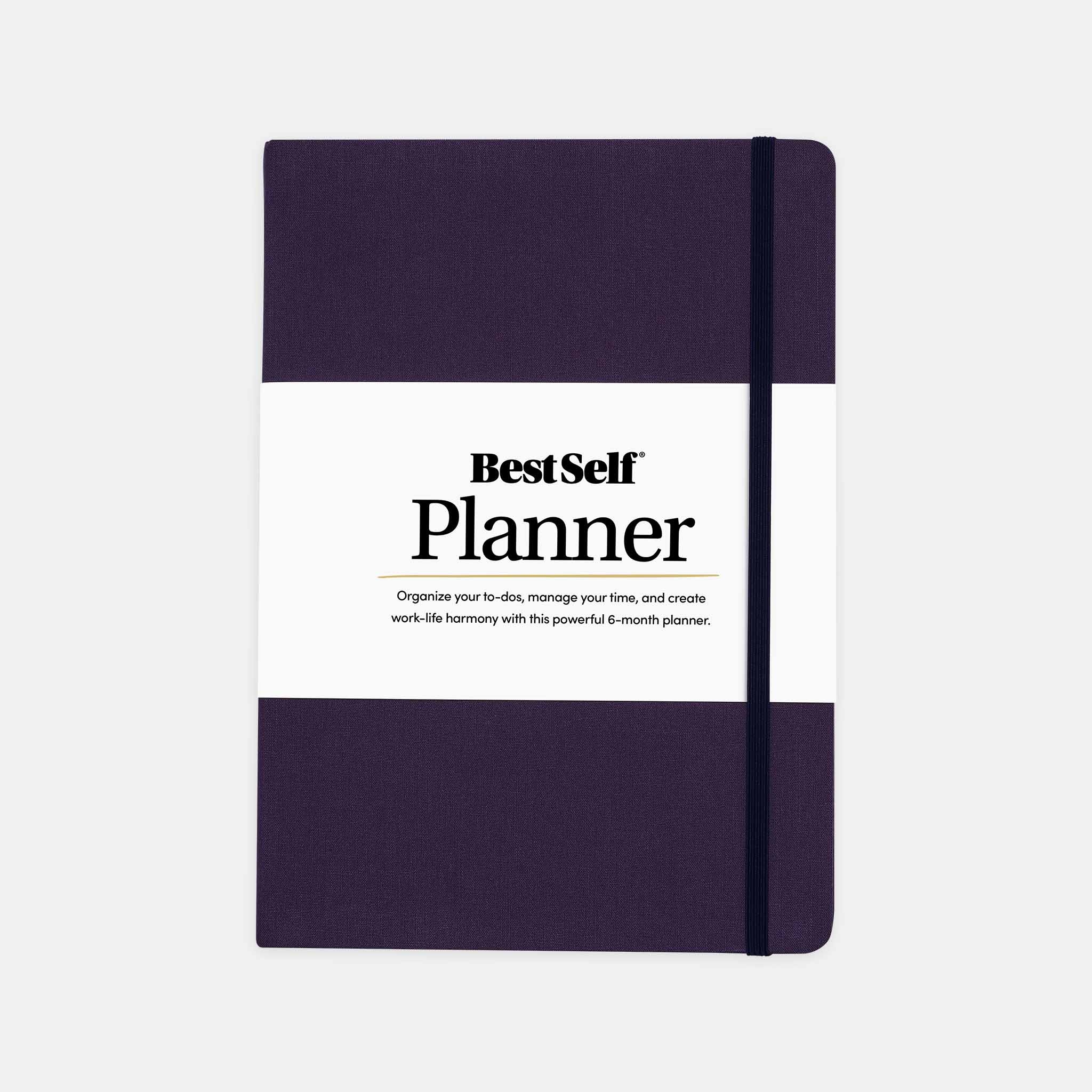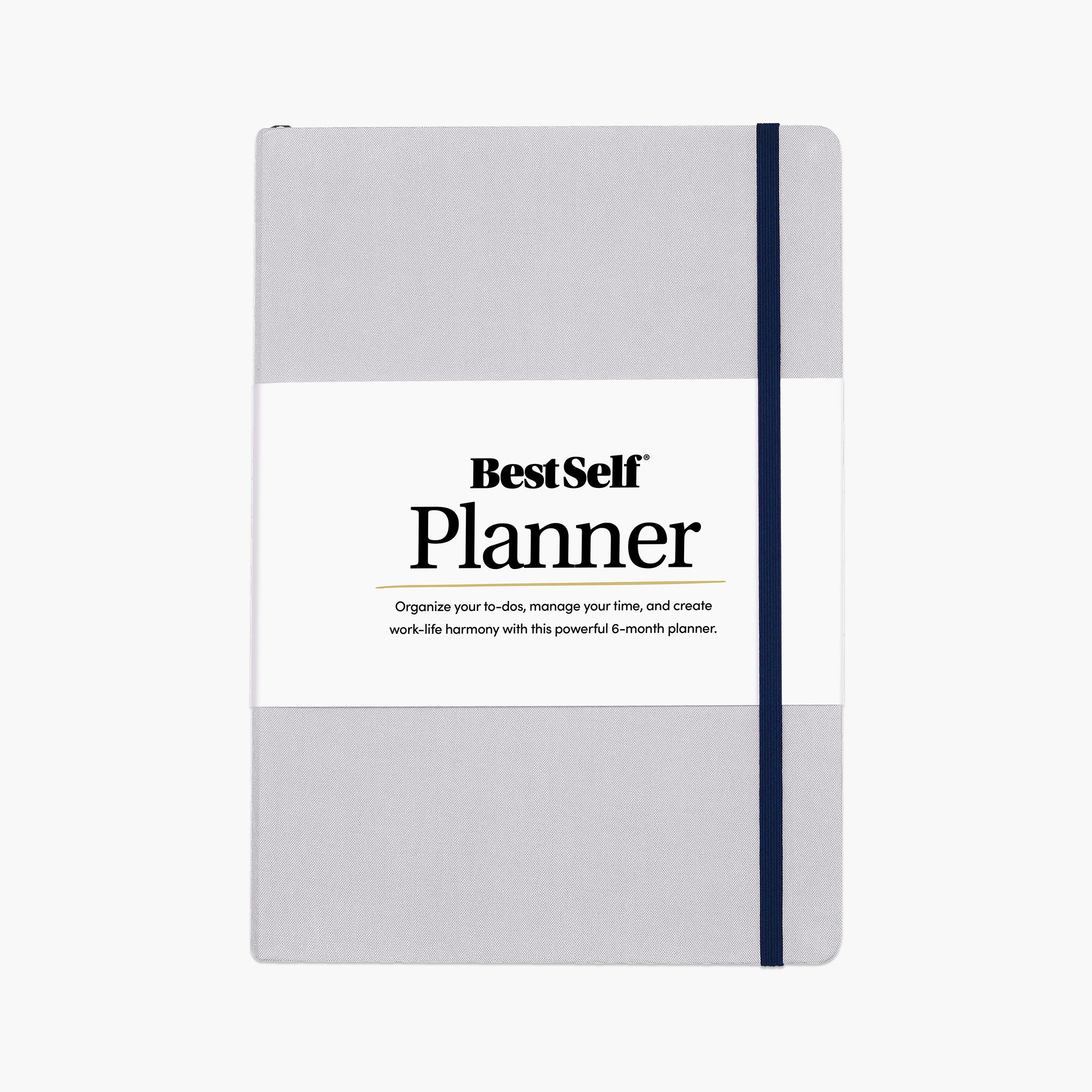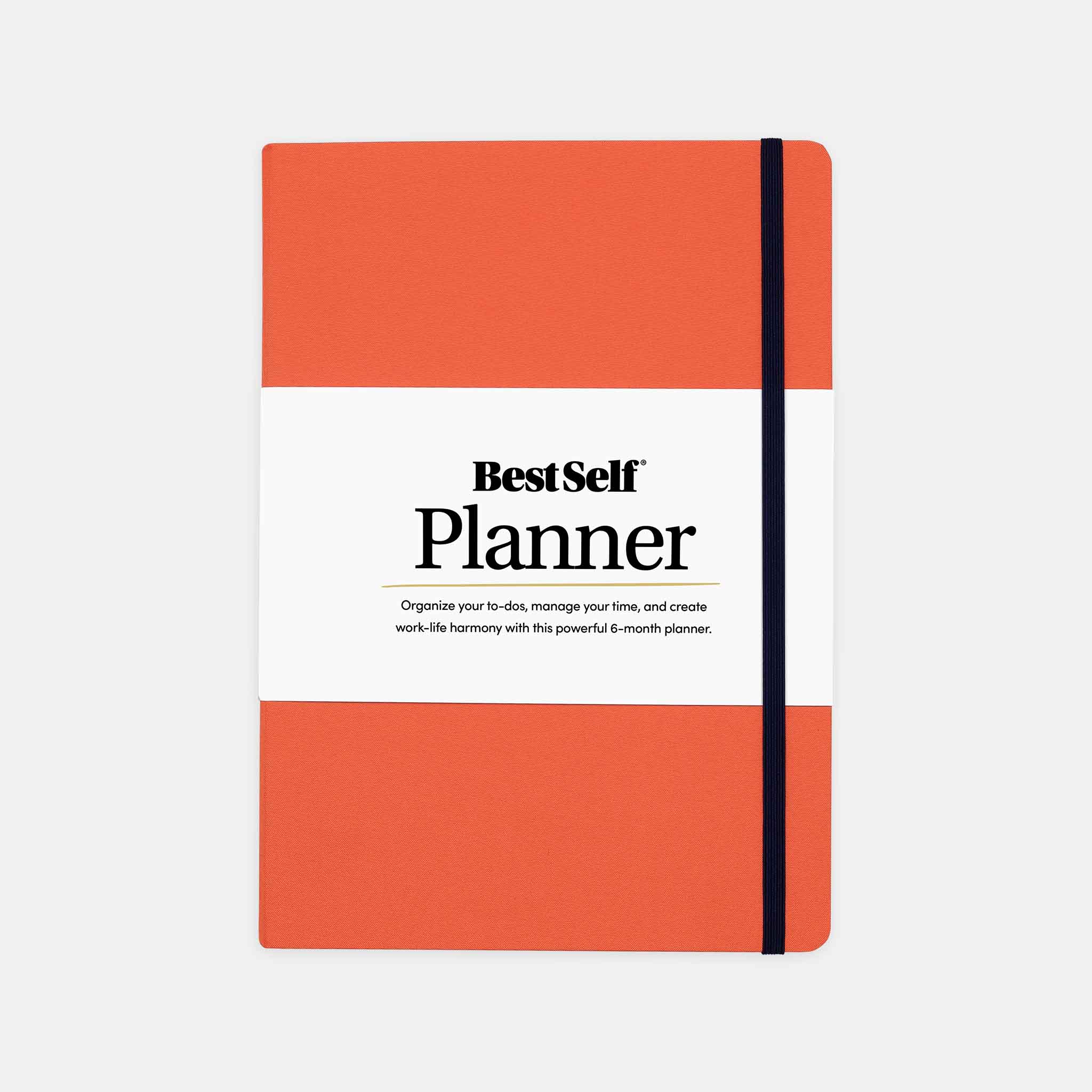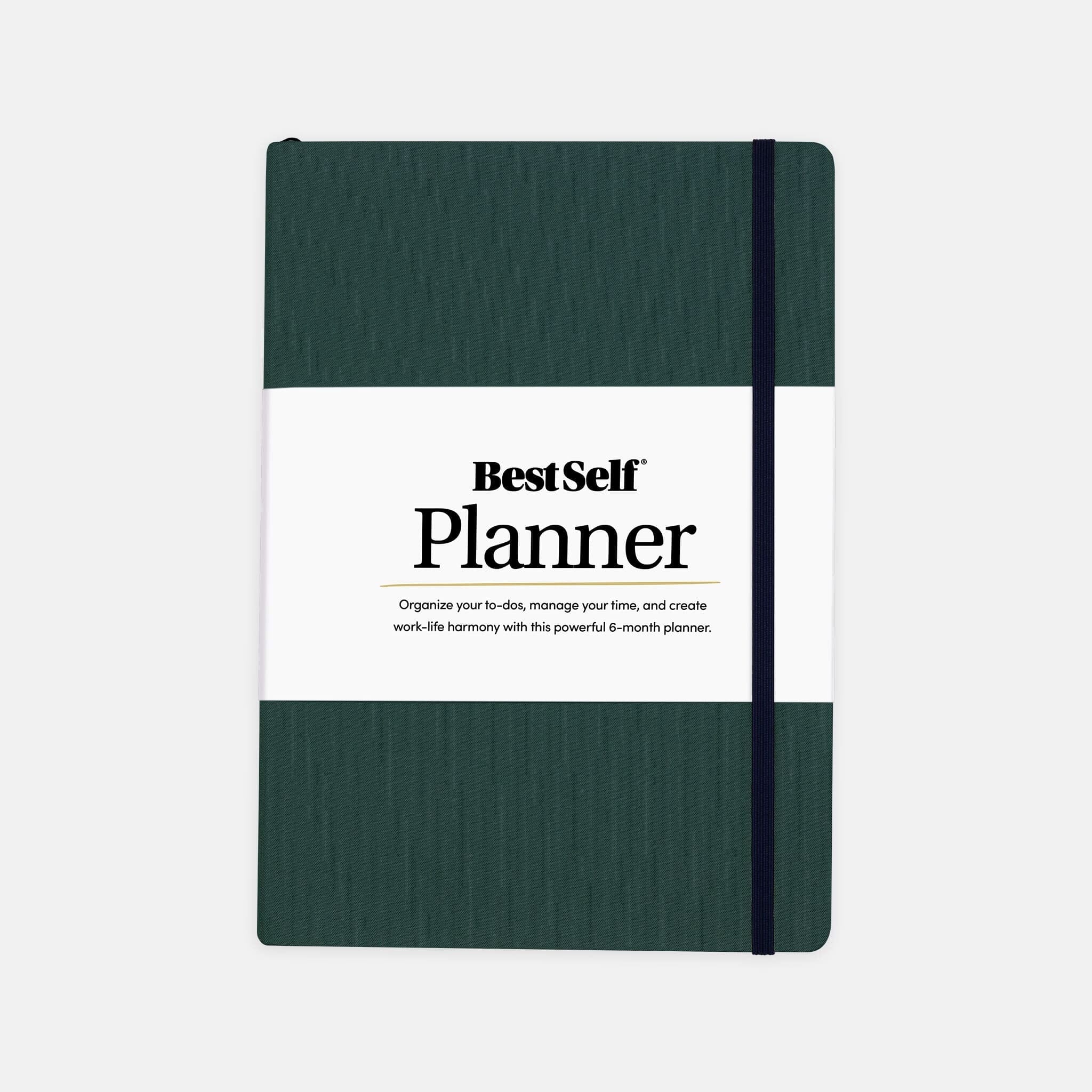Getting sick is one of the biggest productivity killers out there. It’s one thing when you lack motivation the complete your goals — there are strategies you can use to overcome that. But the only thing you can do when you’re sick is to seek medical treatment and wait for your health and wellness to improve. In the process, you can potentially lose days of productive time that you can never get back.
As the old saying goes, an ounce of prevention is worth a pound of cure. And that’s what we’re going to cover in this article: how to boost your health and wellness so that you keep from getting sick in the first place.
We’ll adopt a holistic approach to health and wellness, considering mental health as well as physical. As anyone who’s struggled with mental illness knows, it’s just as serious and debilitating as any physical illness.
1. Keep Your Immune System Strong
Keeping your immune system healthy will protect you from common illnesses like the flu and the common cold. We recommend the following to keep your body’s natural defenses at their best:
Get Plenty of Sleep

Sleep isn’t just crucial for feeling alert and being able to perform at your best. It’s also when your body repairs and strengthens itself for the day to come. When you don’t get enough sleep, your body doesn’t produce as many infection-fighting antibodies, leaving you vulnerable to viruses and increasing the amount of time it takes for you to recover if you do get sick.
The National Sleep Foundation recommends that healthy adults get 7-9 hours of sleep per night. However, the amount that’s right for you will vary and is very personal. One person might feel well-rested after six hours, while another might need as many as 10 (particularly if performing high levels of physical activity).
You should experiment to see how much you need to feel well-rested and aim for whatever that number is. You can even use your daily journal to track how the amount of sleep you get affects your health and productivity over time.
Take Breaks to Reduce Stress
Excessive stress can weaken your immune system, particularly over time. Therefore, it’s critical that you limit the amount of stress you’re under as much as possible, or at least find healthy ways to manage the stress you experience.
One of the best ways to reduce stress is to give yourself a break. Instead of grinding away at a project for hours on end, step away from it every hour or so. The exercise is good for your body, of course, but the mental break will also do wonders for lowering your stress levels and giving you time to think through the project.
Go Easy on the Antibacterial Products
While we’re not going to tell you to stop washing your hands, there is a point at which you can be too concerned about germs, killing the good bacteria with the bad. That’s right — there is such a thing as “good” bacteria. These good bacteria live in and on our bodies, helping to crowd out harmful bacteria and maintain equilibrium.
However, when you go overboard with hand sanitizers or other antibacterial products, you can disrupt this delicate equilibrium. Therefore, we recommend using them only when you’ve been exposed to something that harbors harmful bacteria, such as live animals or waiting room chairs at the doctor’s office.
2. Schedule Annual Checkups
How you feel is an accurate barometer for your personal health, but you should also consult with a healthcare professional to make sure you don’t have any undiagnosed health issues without obvious symptoms. An annual checkup is the best way to do this. Find a doctor with whom you can be open about the current state of your health and lifestyle. Make sure you feel comfortable asking honest questions about your health. Going to the doctor isn’t fun, but doing it once a year can help you avoid more serious medical conditions that could impact your productivity over the longer term.
3. Take Mental Health Seriously
We’ve been talking a lot so far about stereotypical “physical” illnesses, but mental illnesses deserve just as much attention. Depression, for example, can make it harder to work than many physical illnesses, and it can go on for much longer.
Therefore, it’s crucial that you view your mental and behavioral health with the same priority as your physical health. If you are struggling with a mental health concern, then you should seek out counseling services or another mental health professional to advise you on treatment options.
4. Consult Reliable Sources for Health Information
Since health is such a major concern for everyone alive, the amount of health information is vast, especially online. While more information might seem like a positive thing, the reality is that the overproduction of health-related online content can make it difficult to separate the accurate information from the inaccurate and pseudoscientific.
To be sure that you’re getting the best information possible, we recommend that you only consult reliable public health resources. Here are some of the best:
- Mayo Clinic — Mayo Clinic is a network of nonprofit hospitals that specialize in treating rare medical conditions. Their website contains a vast breadth of reliable health information on both health and wellness.
- CDC — The Centers for Disease Control and Prevention have accurate, up-to-date information on a variety of health conditions, including symptoms and tips for prevention.
- MentalHealth.gov — A mental health resource from the U.S. Department of Health and Human Services, with information on symptoms of common mental health conditions and how to get free help.
5. Seek Professional Medical Care When Necessary
Even when you’re doing your best to stay well, illnesses and injuries are a part of life. In these cases, you should seek out professional medical care as soon as you can. Don’t let a minor illness get out of hand — better to consult a doctor about it early on than to have it spiral into something that takes you out of work for weeks.
We know it can be tempting to put off going to the doctor, especially if you’re an entrepreneur paying for your own insurance coverage (which could come with higher deductibles). But your health is of immeasurable value — don’t neglect it because of financial concerns.
Preserve Your Health and Wellness
We hope that the strategies we’ve discussed in this article will help you maintain the health and wellness that are so essential to your professional success and overall quality of life. As we mentioned in the previous section, you should always consult a medical professional when it comes to health concerns — take online resources (like this article) as a general guide only.
Wishing you good health!























